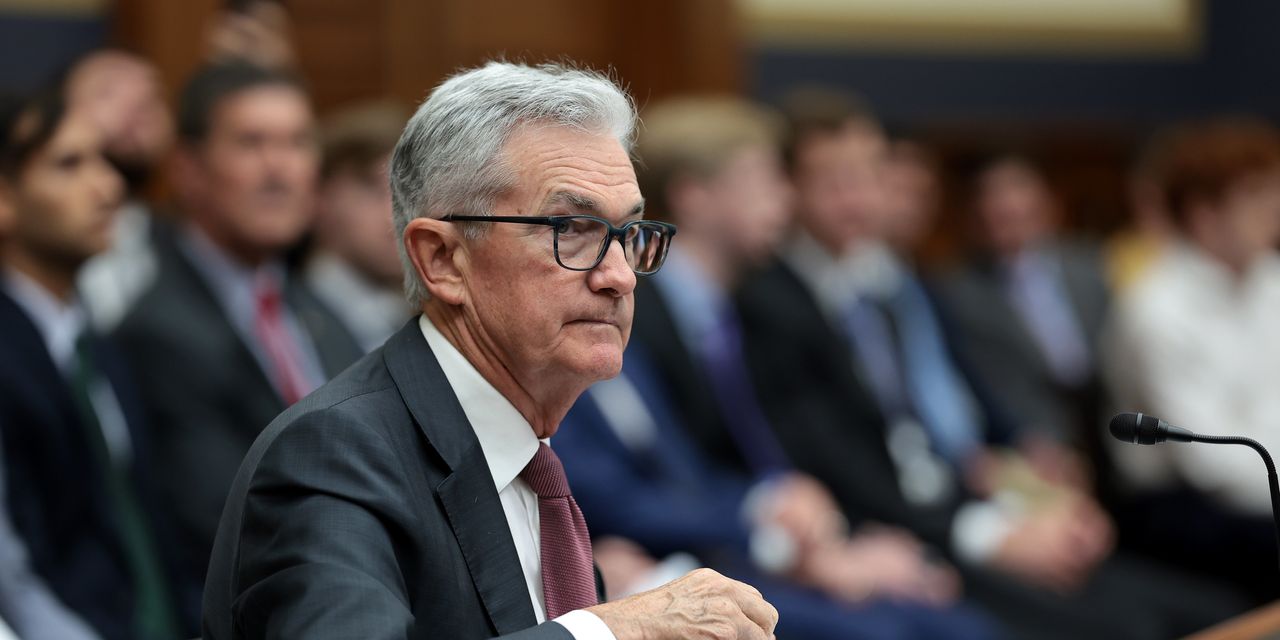This is how much Americans think they need for a comfortable retirement.

According to a new survey, the gap between what Americans estimate they will need in retirement and how much they actually save is alarmingly wide.
The average American needs to save $1.27 million for a comfortable retirement, a new Northwestern Mutual found this week. The problem is that the average amount American adults save for retirement is $89,300, just 7% of their goal.
The gap between expectations and reality underscores how many Americans are pathetically behind when it comes to retirement savings, a fact that concerns many of those surveyed.
“Given the economic, market and inflation conditions, more than ever, retirement is a top concern for most Americans.” Northwestern Mutual’s retail investments told Yahoo Finance. “There is a growing awareness that ‘I need more money to retire and I can’t retire at the time I thought I would’.”

expectations and reality
That figure varies with age.
People in their 50s turn the dial further and say they have $1.56 million to save for retirement, now reporting $110,900 saved. Those in their 30s need $1.4 million in living expenses and are now saving $57,400, while those in their 40s are now saving $77,400 with a one-step lower goal of $1.28 million.
The study was conducted online between February 13 and March 2, 2023, with 2,740 US adults aged 18 and older.
Many people rely on Social Security for more than a quarter (28%) of their total retirement income, the study found. This is more than personal savings (22%) and on par with retirement savings (28%).
Gen Z and Millennials expect Social Security to contribute 15% and 19% of total retirement income, respectively, while Baby Boomers expect Social Security to contribute 38% of their income, and Generation X to 27% of their income .
‘No. 1 interest’

Still, nearly half of Americans (48%) estimate that when the time comes, they will not have enough money saved to comfortably retire. And on average, Americans say they have a 45% chance of outliving the money they save.
“Customers are realizing they need more savings than they originally thought,” Misty Garza, vice president and financial advisor at Bogart Wealth in McLean, Va., told Yahoo Finance.
“Living longer than the money saved is in the best interest of our customers. No one wants to retire and go back to work later because they run out of money or cannot afford Social Security alone. Most of our clients are willing to work until they can achieve the retirement lifestyle they want.”
The report found that more than half (55%) of Gen Xers said they would not be financially ready to retire, compared to nearly half of Millennials (46%) and Boomers (48%).
About two-thirds (65%) of Gen Z, or workers under the age of 24, swear that when they’re ready to leave, they’re good to go.
That’s a bit of a bluff. “But they have a long runway,” said Javeri Gokhale. “They’re just starting to work and most of them haven’t really felt a real economic downturn, to be honest.”
‘Take your time counting the numbers’

Responding to Perceptions of Not Reaching Desired Savings Goals: Americans, on average, have raised their retirement age from 64 in 2022 to 62.6 in 2021 to 65.
But the boomer generation isn’t taking off so quickly, and they plan to retire at 71. Gen Z expects to retire at age 60 more than a decade early. Millennials and Gen Xers expect to work until age 63 and 65, respectively.
“Everyone has their own definition of a magic age to retire, but overall, that number keeps getting pushed back by years,” said Javeri Gokhale.
In addition to postponing retirement, more than a quarter of Americans (28%) have increased their savings to address potential retirement shortfalls, 22% have created a financial plan and 20% have sought advice from a financial advisor.
Still, a third of people surveyed by Northwestern Mutual did nothing.
“Determining how much money you need for retirement is important,” Christine Benz, Director of Personal Finance and Retirement Planning for Morningstar, told Yahoo Finance. “So it’s a good idea to spend some time figuring out the numbers for how much you actually need and how much you can reasonably spend each year after you retire.”
Benz suggests asking an hourly paid financial planner for help, or at least using “a quality retirement calculator or two.” Check out AARP, Bogleheads, Fidelity, or Vanguard on that front to get started.
Javeri Gokhale says, “I’d say there are four or five reasons why a lot of people find working with a financial advisor difficult. “First of all, they don’t know where to go to get one. And when they do, there is an aspect of being open about your finances and it brings fear of judgment and lack of confidence. And education is lacking.”
Also, talking about money is very difficult for most people, she added. “Chemistry has to work to lower the boundaries,” she says. Talking about money to an advisor you have no idea is like going on a blind date.”
Kerry Hannon is a senior reporter and columnist for Yahoo Finance. She is a workplace futurist, career and retirement strategist, and has authored 14 books, including “”.Control Over 50: How to Succeed in New Jobs” and “Never be too old to be rich.” follow her on her twitter @kerryhannon.
Click here for the latest personal finance news to help you invest, pay off debt, buy a home, retire and more.
Read the latest financial and business news from Yahoo Finance
#Americans #comfortable #retirement





